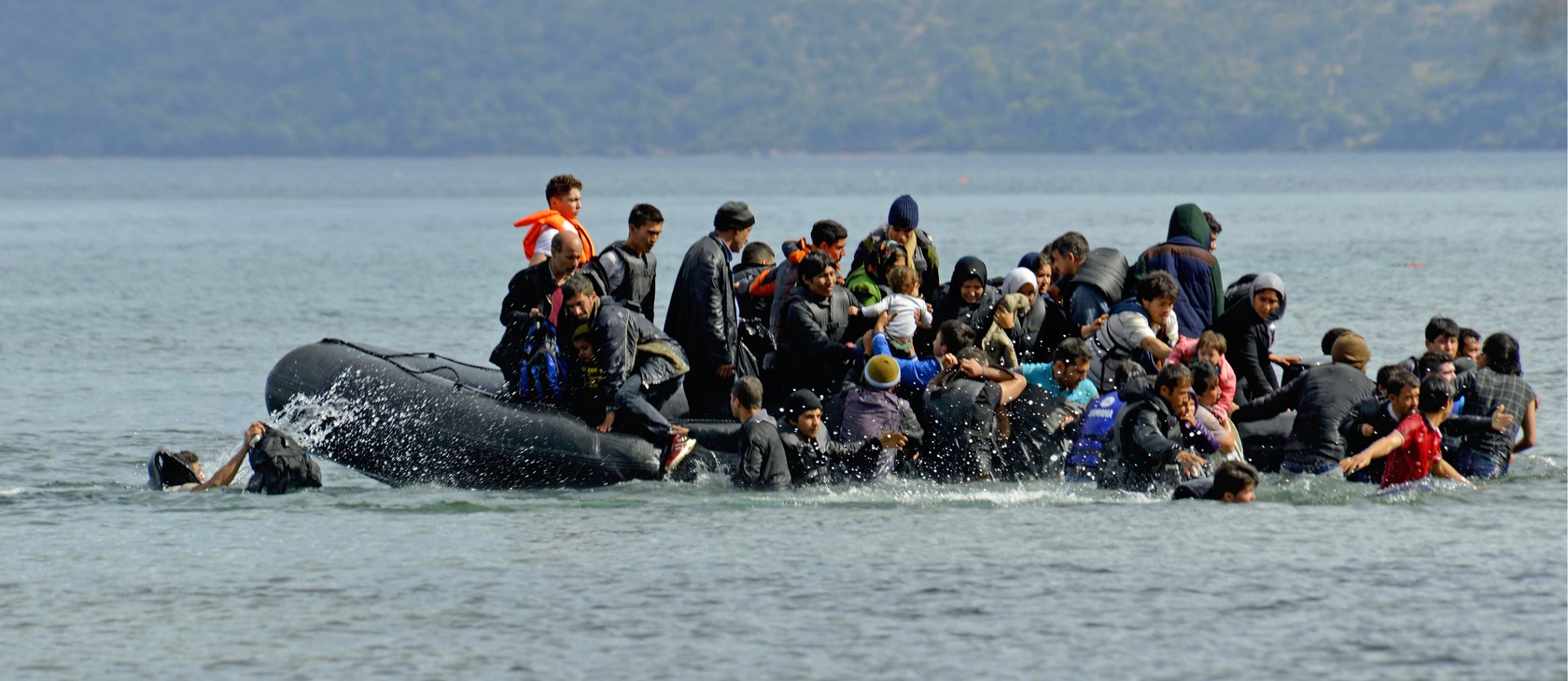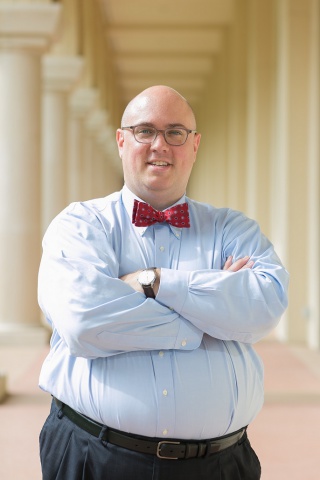Prior to 2014, fewer than 300,000 refugees and migrants arrived in the European Union each year. Due to war and unrest in the Middle East and North Africa, that relatively slow trickle more than quadrupled by the end of the year. The result was squalid refugee and migrant camps, crowded train stations, and anti-immigrant demonstrations across the continent. Most refugees and migrants entered Europe via nations least able to absorb and support them, causing internal EU tensions to rise. By mid-2015 it was clear that Europe was facing a major humanitarian and political crisis not likely to be easily resolved.
In 1990 the EU member states agreed to the Dublin Convention, which entitles an immigrant to the benefits of refugee status, if such status can be attained, in the nation in which he first entered the EU. On August 24, 2015, German Chancellor Angela Merkel surprised the world by announcing a waiver of this policy in Germany and extending refugee benefits to any refugee regardless of the nation through which he had first obtained entry to Europe. A little more than a year later, just prior to the Berlin Christmas Market attack, Merkel’s government abruptly reversed course and called on the EU to begin turning around boats carrying immigrants across the Mediterranean into Southern Europe. Germany’s “open doors” had encouraged a greater flood of immigrants into Europe, taxed the limits of the continent’s infrastructure beyond its limit, and increased internal tensions and strife.
Each person killed in war, drowned at sea, or fortunate enough to escape those fates is created in God’s image, a possessor of inherent dignity.
Few people would not be moved to compassion when faced with images of the war-torn regions that were once home to these immigrants or the poignant photographs of men, women and children who drowned when the unsound boats carrying them to European shores sank. The humane response to the crisis was, and remains, a need to act to alleviate their suffering. Each person killed in war, drowned at sea, or fortunate enough to escape those fates is created in God’s image, a possessor of inherent dignity. This is enough to justify our efforts to seek solutions to the suffering, to provide conditions in which they can flourish. The call is not to emotionally-driven sentimental gestures, but to actions that produce results.
European policy with regard to the refugee and migrant crisis and the conditions that have caused it have been schizophrenic at best. Merkel’s initial “open door” policy, for instance, seems on the surface to be the humane response -- open the wealthiest society in Europe to those who need it most. But this policy cannot be evaluated in isolation. Had Europe’s stated policy goal been to bring one million immigrants to the continent from the Middle East and North Africa, Germany’s national policy would have complemented this well. As it stood, Merkel was essentially saying, “You’re wanted here, but we hope you don’t drown on the way.” Those who survived the treacherous path to Germany were welcome to enter a nation with one of the most complex labor markets on earth, and one whose language and culture are entirely foreign. Who can be expected to flourish under such circumstances?
Irrespective of the political forces at play there is no arguing with the fact that such a large number of displaced immigrants presents a monumental humanitarian crisis in which survival becomes the initial, but not final, concern. The best social and political responses are ones that look beyond the immediate and toward more than survival. They will define the most desirable social objectives and design pathways to those objectives.
Without jobs these families are unable to support themselves and build lives.
The most preferable outcomes are a matter of much public discussion and elections across Europe in the last two years have become proxy referenda for defining them. The one non-negotiable among Brexit voters and supporters is autonomous control of national borders. An extreme anti-Muslim party gained significant ground in a Dutch election. And in the first round of voting in the French presidential election, Marine Le Pen, whose platform includes positions that are not favorable to open immigration policy, emerged as one of the two finalists, neither of whom is from a mainstream party. It is impossible to know how the political landscape in Europe would differ today had the West’s leaders set policies that sought stability, democracy, and liberty in the parts of the world from which these immigrants have fled. But when the reality of the migrant and refugee crisis became apparent, a thoughtful and coherent policy based on desired outcomes rather than one driven by the emotion of images described by a German cabinet minister as ones “that Europe can’t allow itself to be associated with,” would surely have produced better and more humane results for Europeans and immigrants alike.
Should these families be assimilated into European society with the expectation that they will stay? Or should the aid that they receive be temporary and their communities inwardly focused to maintain their indigenous cultures to ease an eventual return home? With assimilation comes two realities: first, the war-ravaged societies back home will likely have far fewer capable people who can help with the rebuilding effort. Second, if assimilation occurs in a way that actually facilitates flourishing, they must become more and more European and less and less Middle Eastern or North African.
It is not simply cultural assimilation that is at issue, but the ability to engage in commerce. Without jobs these families are unable to support themselves and build lives. This means that they must acquire the language skills and social capital necessary to compete in European markets. If all they do is learn enough German, French, or Italian to complete a transaction in a service station, this is not assimilation, nor is it welcoming. A set of policies that aims at nothing greater prepares a person to be an object of pity and charity—a second class citizen. The most humane and moral policies would equip them to flourish either in Europe as their new home or as the architects of new societies built from the rubble of their old ones.




